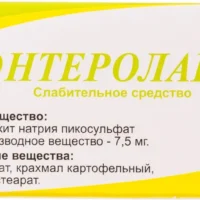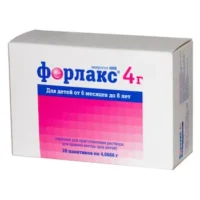Description
Normacol (Sodium Phosphate Dihydrate) Enema for Children 60 ml
Ingredients
Normacol enema contains sodium phosphate dihydrate as the active ingredient.
Dosage
For children: The recommended dosage is as directed by a healthcare professional.
Indications
Normacol enema is indicated for the relief of constipation in children.
Contraindications
Do not use Normacol enema if the child is allergic to any of the ingredients or has certain medical conditions. Consult a doctor before use.
Directions
Administer the enema as per the healthcare provider’s instructions. Follow the recommended dosage carefully.
Scientific Evidence
Normacol enema has been studied in clinical trials for its efficacy in treating constipation in children. Research has shown that the active ingredient, sodium phosphate dihydrate, acts as an osmotic laxative, drawing water into the bowel to soften the stool and promote bowel movements.
Additional Information
In addition to its laxative effects, Normacol enema is well-tolerated in children and has shown to provide quick relief from constipation symptoms. It is important to use this medication under medical supervision to ensure proper dosage and monitoring of the child’s response.
- Normacol enema contains sodium phosphate dihydrate as the active ingredient.
- It is indicated for the relief of constipation in children.
- Consult a doctor before use if the child has allergies or certain medical conditions.
- Follow the healthcare provider’s instructions for administration.




